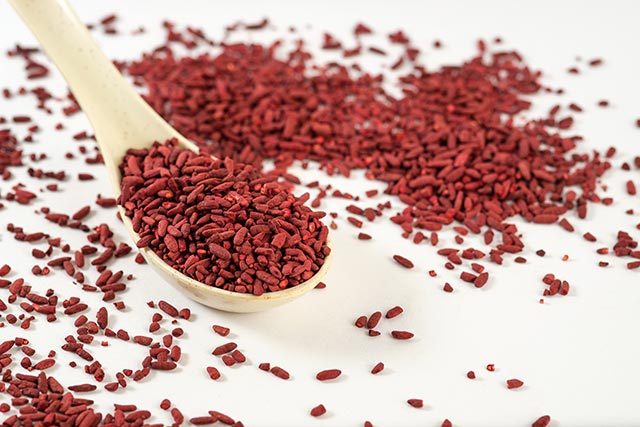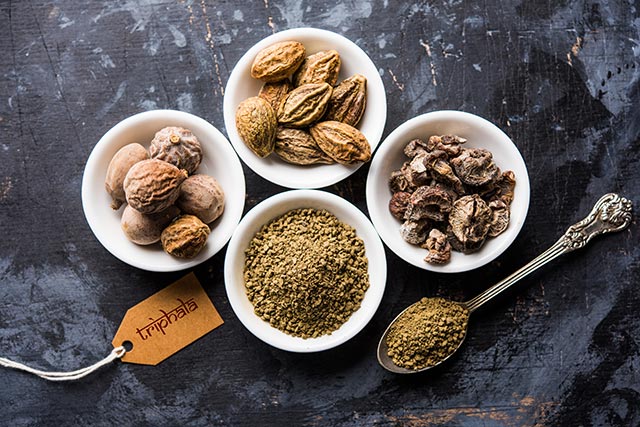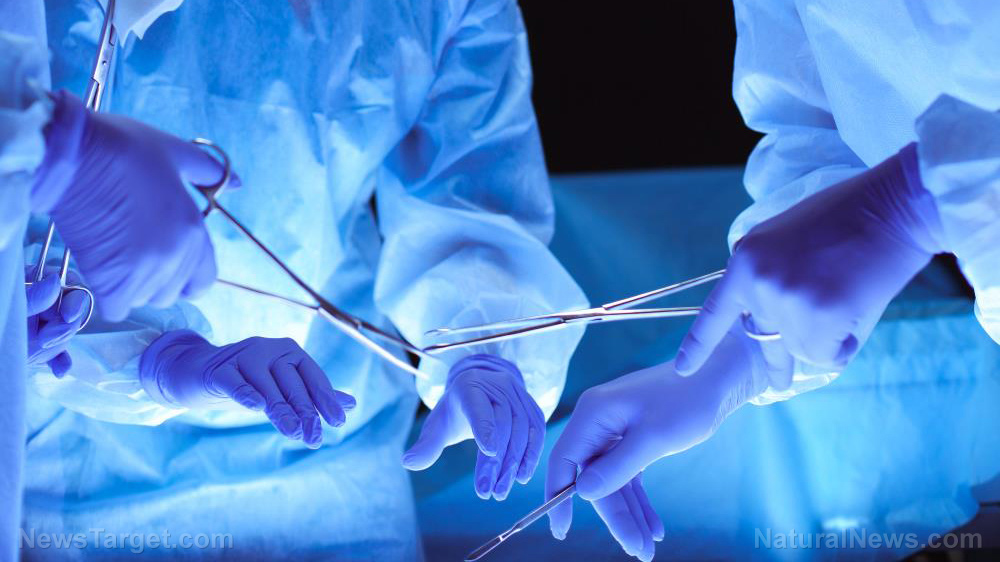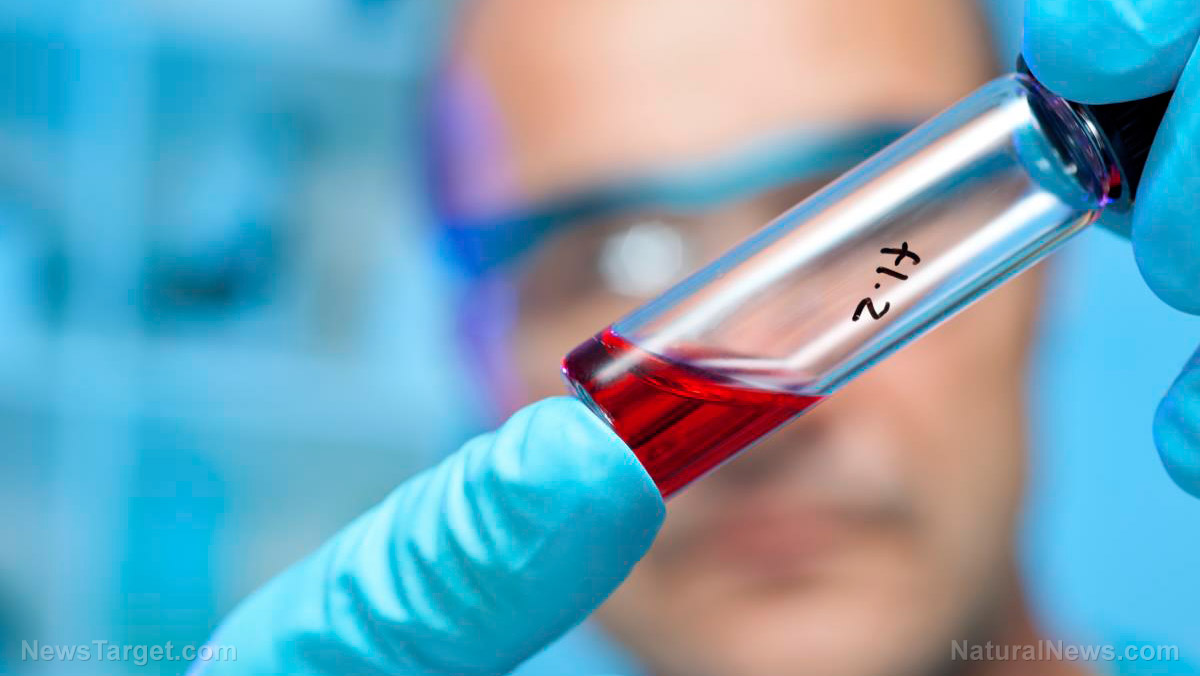New moms and babies need vitamin D: Here’s how it helps
07/02/2019 / By Vicki Batts

Whether you’re a new mom or still expecting, getting proper nutrition is essential for your health — and the health of your baby. Vitamin D is especially important for new moms and babies. Not only is it essential for healthy bones, vitamin D plays a number of important roles in the body. Indeed, vitamin D is truly important for all people — and research shows much of the population is woefully deficient in this valuable nutrient. But for moms and babies, vitamin D is especially important.
A series of new studies have highlighted the importance of vitamin D for maternal and infant health — and further proving that good nutrition is a cornerstone of health. While mainstream medicine is often loathe to admit it, getting your daily dose of essential vitamins and minerals is key to long-term health, even right out of the womb.
Vitamin D: Do you get enough?
Pegah Jalali, RDN, a dietitian from New York City, tells Healthline that most women are vitamin D deficient well before they even fall pregnant. “Most women are likely deficient prior to pregnancy, so they will require more than the recommended amounts or the amounts provided in prenatal vitamins,” Jalali explains.
While the recommended daily allowance for vitamin D is 600 IU, health experts say that pregnant women need substantially higher amounts of this vital nutrient.
As sources report, Bruce Hollis, Ph.D., a professor at the Medical University of South Carolina, conducted a study back in 2012 which found that moms-to-be benefited big time on a 4,000 IU-a-day supplement regimen.
100% organic essential oil sets now available for your home and personal care, including Rosemary, Oregano, Eucalyptus, Tea Tree, Clary Sage and more, all 100% organic and laboratory tested for safety. A multitude of uses, from stress reduction to topical first aid. See the complete listing here, and help support this news site.
“Truth is, vitamin D in relation to pregnancy impacts many biological systems. It will prevent complications of birth such as preeclampsia, preterm birth, and gestational diabetes. It will also prevent asthma development in the newborn in later life,” Hollis explained to Healthline.
“Beyond that, it is also likely to aid in brain development and prevent autism as well as protection from multiple sclerosis later in life,” he adds.
Hollis advises pregnant women take 4,000 IU of vitamin daily, while lactating women should take a whopping 6,000 IU. Even the American Academy of Pediatrics notes that because most women are vitamin D deficient, babies who are breasted or partially breastfed may also need a vitamin D supplement. For best health, babies need 400 IU daily.
Benefits for mom and baby
Studies show that supplementing with vitamin D during pregnancy is key to good health for mom and baby. As Healthline reports, a meta-analysis of 24 studies recently published in JAMA Pediatrics finds that supplementing with vitamin D during pregnancy was associated with a 55-percent lower chance of having an underweight baby — and a 65 percent reduction in risk of newborn death and stillbirth.
A recent study from the National Institutes of Health also finds that women who get adequate amounts of vitamin D are more likely to successfully conceive and have a live birth, compared to women who are deficient.
Vitamin D is also critical for bone health in both mom and baby. Babies with low levels of vitamin D are at risk of having weak bones.Vitamin D isn’t just essential for calcium absorption and bone health though; its also associated with cell growth, neuromuscular function and immunity. Recently published research has shown that vitamin D can help prevent wheezing in some preterm infants.
For both mom and baby, the benefits of vitamin D cannot be understated. For mom, getting adequate vitamin D is essential for her own health as well. Vitamin D can help new moms keep their bones healthy, as well as prevent certain diseases — including heart disease and cancer. Indeed, vitamin D is truly a multi-purpose nutrient.
You can learn more about the benefits of vitamin D and more at Health.news.
Sources for this article include:
Tagged Under: #nutrition, bone health, breastfeeding, child development, child health, healthy birth, healthy pregnancy, immunity, infant's health, new moms, nutrients, prevention, supplements, vitamin D, women's health


















